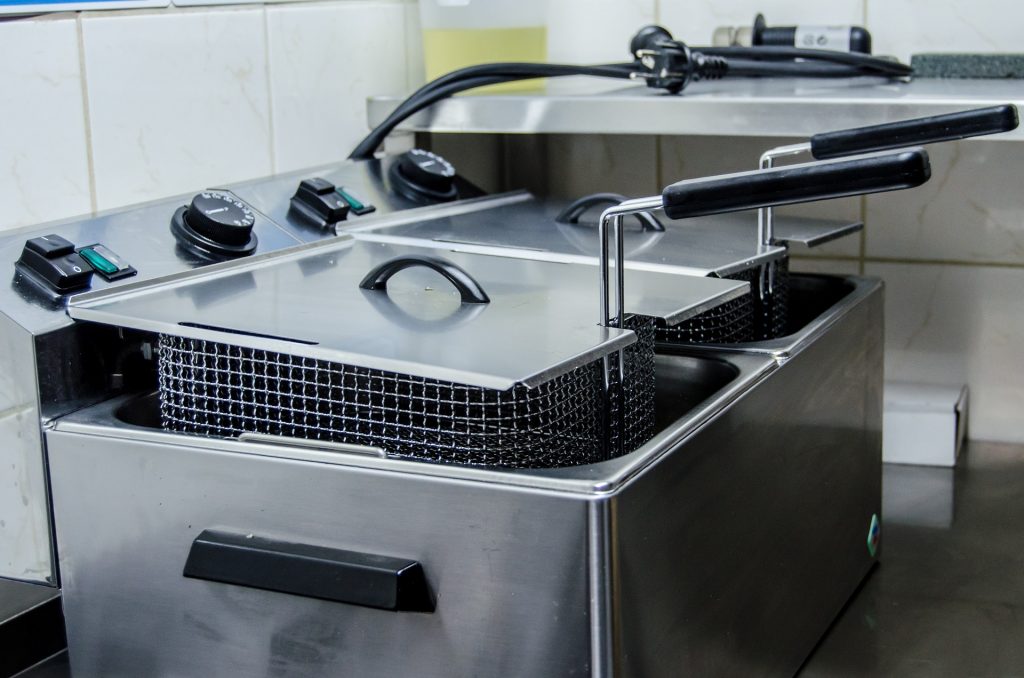Most chefs end up taking over commercial kitchens that rarely match up to their idea of the dream kitchen. Equipment may be old or outdated, and some will obviously need replacing. However, where margins are tight, it pays to be savvy about buying new commercial kitchen appliances, so here are five things to consider before you replace that oven.
Are Your Appliances Fit for Purpose?
The first question you need to ask yourself when you’re purchasing new equipment is whether it can cope with the demands of your kitchen. Is that oven powerful enough to produce all the food you need for a typical day? And can that dishwasher cope with constantly washing plates throughout service? Choose appliances with the wrong capacity or that are not powerful enough, and you’ll end up working double time and spending out on repairs and maintenance.
2. Does Your Equipment Meet Health and Safety Guidelines?
Does your new equipment conform to BSI standards for commercial kitchen equipment? And do you know the health and safety guidelines? It’s crucial that you’re in compliance with kitchen ventilation and emissions standards so you can work in safety.
3. Are They Energy-Efficient?
It’s really a no-brainer to look for commercial catering supplies and equipment from a trusted supplier like 247cateringsupplies that will have the highest possible energy-efficiency. Your commercial kitchen is an energy guzzler, consuming up to 2.5 times more energy for each square foot than any other type of commercial space. It makes sense, therefore, to invest in appliances that can save you around 20% on your energy bills.
4. Do You Comply with Food Safety Regulations?
Nearly half a million people die of food poisoning worldwide every year, and although you may ensure that food preparation in your commercial kitchen follows the guidelines, are your appliances up to the job of keeping food safe? Invest in specialist equipment like a blast chiller to keep food properly stored and safe.
5. Is That Appliance Meant for Use in a Commercial Kitchen?
Don’t use equipment rated for domestic use in a commercial kitchen. It won’t be able to keep up with demand, and the manufacturer’s warranty won’t cover the use of their products in a commercial environment. Don’t waste your money: always invest in commercial-rated appliances.

